Table of Contents
Introduction to Chiltepes
Chiltepes (Capsicum annuum var. chiltepin) are small, pointed chili peppers native to Mexico with a history spanning thousands of years. Cultivated by indigenous peoples long before Spanish colonization, these peppers have been integral to traditional Mexican cuisine and cultural practices. According to the Mexican Ministry of Agriculture, chiltepes are recognized as a heritage crop with significant historical and culinary importance across Central America.
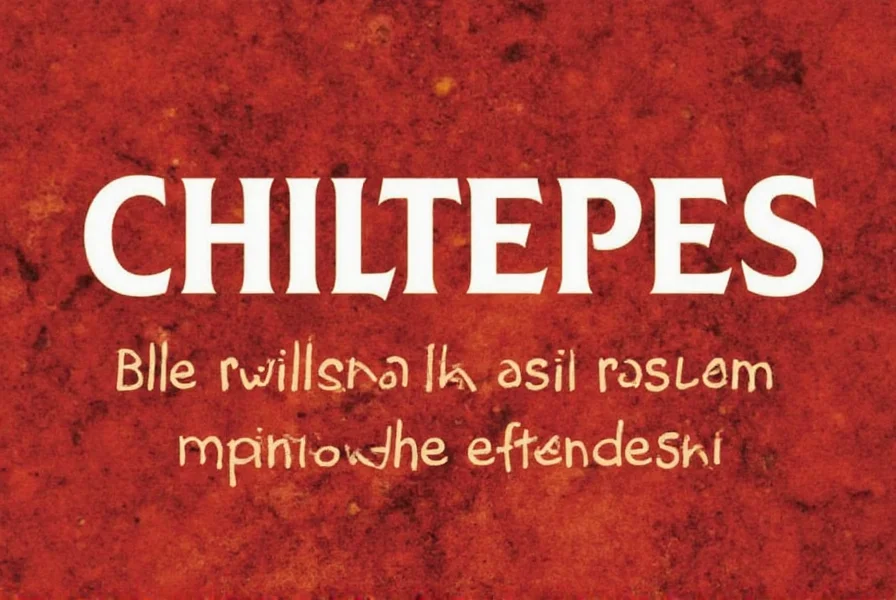
Understanding the Spice Levels of Chiltepes
Chiltepes typically range from 50,000 to 100,000 Scoville Heat Units (SHU), placing them in the medium-hot category. This heat profile is significantly higher than jalapeños but lower than habaneros. The heat builds gradually over 10-15 seconds and lingers with a distinctive smoky, fruity undertone. According to the American Spice Trade Association, chiltepes are valued for their complex flavor profile rather than extreme heat, making them versatile for various culinary applications.
| Pepper | Scoville Range | Heat Level |
|---|---|---|
| Chiltepe | 50,000 - 100,000 | Medium-Hot |
| Habanero | 100,000 - 350,000 | Hot |
| Jalapeño | 2,500 - 8,000 | Mild |
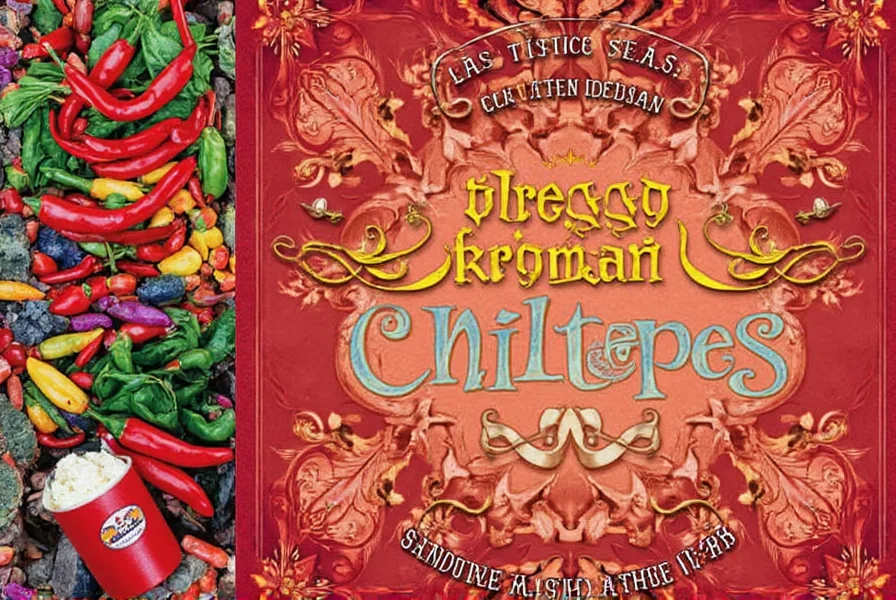
Culinary Uses and Flavor Profile
Chiltepes offer a distinctive flavor profile combining tangy, smoky, and slightly sweet notes with a complex fruitiness. Traditional Mexican cuisine utilizes them in salsas, moles, adobos, and traditional dishes like chiles en nogada. Unlike many hot peppers, chiltepes maintain their flavor integrity when cooked, making them ideal for both fresh and prepared applications.
Authentic Mexican chefs recommend using chiltepes whole in simmered dishes to infuse flavor without excessive heat. For fresh applications, they're often roasted to enhance their natural sweetness before incorporating into salsas. The American Culinary Federation notes that chiltepes' balanced heat and flavor make them particularly suitable for dishes requiring complexity rather than extreme spiciness.
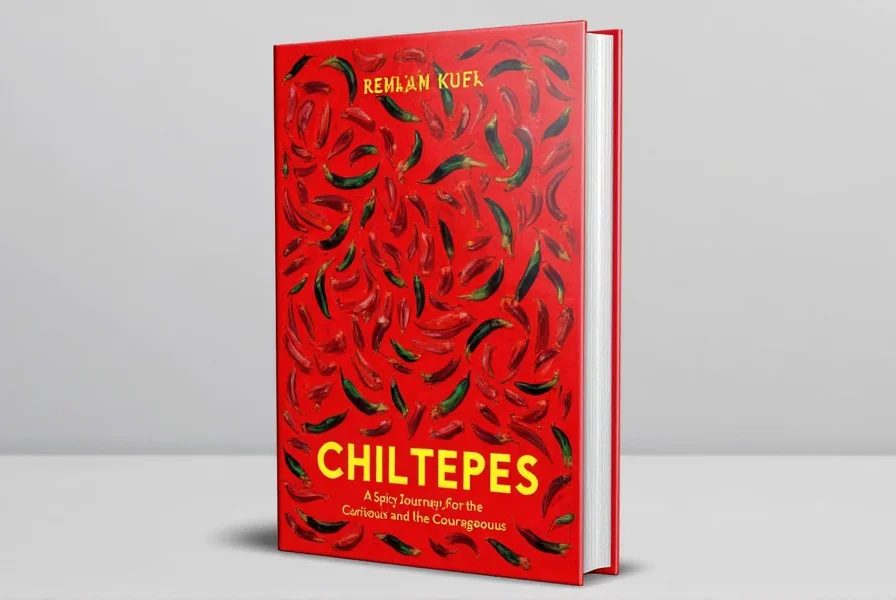
Cooking Tips for Chiltepes Lovers
When working with chiltepes, follow these expert-recommended techniques:
- Start Small: Begin with one pepper per serving and adjust based on your tolerance. Their heat builds gradually over time.
- Use Protective Gear: Always wear food-safe gloves when handling chiltepes to prevent capsaicin transfer to skin or eyes.
- Roast for Depth: Roasting whole chiltepes over open flame or in a dry skillet enhances their natural sweetness and reduces raw heat by 20-30%.
- Balance with Acid: Pair with acidic ingredients like lime juice or vinegar to balance heat while preserving flavor complexity.
- Remove Seeds Strategically: For milder heat, remove seeds and white membranes (where 80% of capsaicin concentrates) while preserving the flavorful flesh.
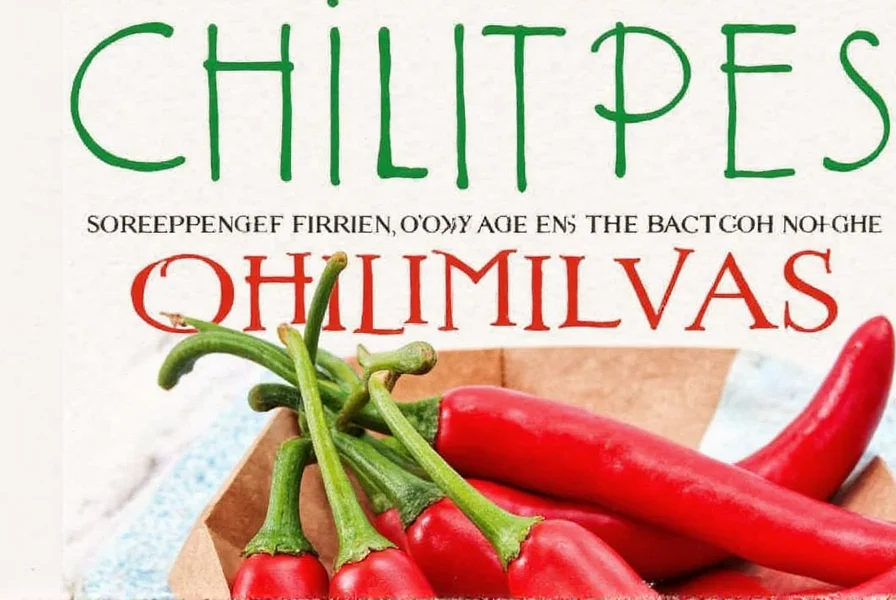
Buying Guide: How to Choose the Best Chiltepes
When selecting chiltepes, consider these factors based on culinary expertise:
Fresh Chiltepes: Look for firm, shiny peppers with vibrant color (green for unripe, red/yellow/black for ripe). Avoid any with soft spots, wrinkles, or discoloration. Fresh chiltepes should feel slightly heavy for their size, indicating good moisture content.
Dried Chiltepes: Choose peppers that are uniformly colored with no signs of mold. They should be flexible but not brittle. High-quality dried chiltepes retain their aroma when crushed.
For culinary authenticity, seek chiltepes from reputable Mexican suppliers or specialty food markets. The Mexican Agricultural Institute recommends looking for peppers labeled with their region of origin (such as Oaxaca or Chiapas) for the most authentic flavor profile.

Fun Facts About Chiltepes
Chiltepes have a rich cultural history beyond their culinary uses:
- Historical Significance: Archaeological evidence shows chiltepes were cultivated in Mexico as early as 7000 BC, making them one of the oldest domesticated chili peppers.
- Traditional Medicine: Indigenous communities have used chiltepes for centuries in traditional remedies for digestive issues and pain relief.
- Unique Preservation: Unlike many peppers, chiltepes can be preserved in salt or vinegar without losing their distinctive flavor profile.
- Botanical Distinction: Scientifically classified as Capsicum annuum var. chiltepin, they're genetically distinct from other chili varieties despite similar appearance to chilies.
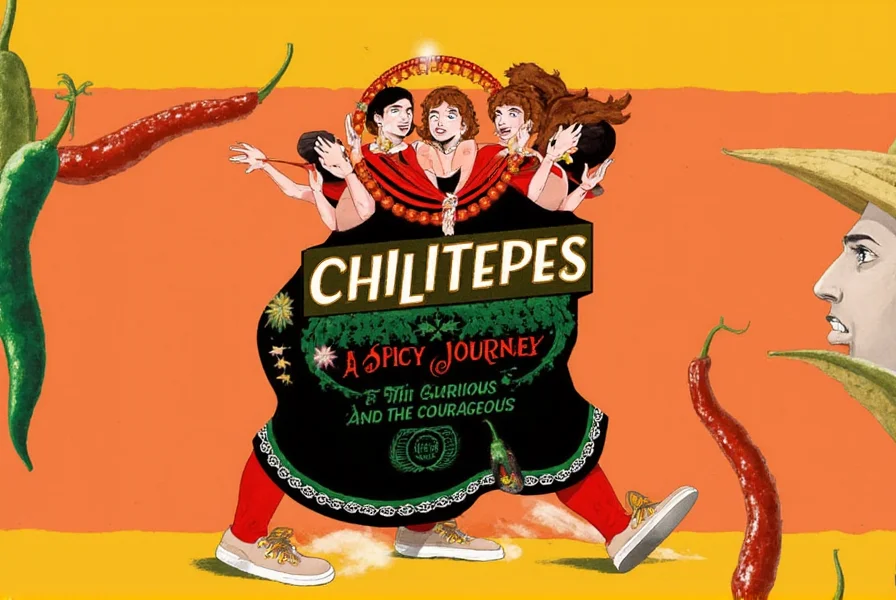
Frequently Asked Questions
What are chiltepes exactly?
Chiltepes (Capsicum annuum var. chiltepin) are small, pointed chili peppers native to Mexico with a history dating back thousands of years. They typically measure 1-2 inches long and range in color from green (unripe) to vibrant red, yellow, or black (ripe), depending on the variety and maturity. According to the Mexican Agricultural Institute, they're considered a heritage crop with significant cultural importance.
How do chiltepes compare to jalapeños in heat?
Chiltepes are significantly hotter than jalapeños, with a Scoville range of 50,000-100,000 SHU compared to jalapeños' 2,500-8,000 SHU. Unlike jalapeños that deliver immediate heat, chiltepes have a gradual heat buildup that intensifies 10-15 seconds after consumption, followed by a longer-lasting warmth with distinctive smoky undertones.
Can I grow chiltepes at home?
Yes! Chiltepes thrive in warm climates with full sun and well-draining soil. Start seeds indoors 8-10 weeks before the last frost, then transplant outdoors when temperatures consistently reach 70°F (21°C). They mature in 70-90 days and work well in containers with at least 12-inch depth. The University of California Agriculture and Natural Resources recommends providing consistent moisture and protecting from frost for optimal growth.
What's the best way to reduce chiltepe heat in dishes?
For optimal heat reduction while preserving flavor: 1) Remove seeds and white membranes (where 80% of capsaicin resides), 2) Cook thoroughly to break down capsaicin, 3) Pair with dairy products like yogurt or sour cream, and 4) Soak chopped chiltepes in lime juice for 10 minutes before use. The American Spice Trade Association notes that acid-based marinades effectively temper heat while enhancing flavor complexity.
How long do fresh chiltepes last in storage?
Store unwashed fresh chiltepes in a paper bag in the refrigerator crisper drawer for 2-3 weeks. For longer preservation: freeze whole peppers on a baking sheet before transferring to airtight containers (up to 6 months), or dry them completely for powder (up to 1 year). The Mexican Ministry of Agriculture recommends avoiding washing before storage to prevent moisture-related spoilage.
Conclusion
Chiltepes represent more than just a spicy ingredient—they're a culinary heritage connecting modern kitchens to ancient Mexican traditions. With their balanced heat profile (50,000-100,000 SHU) and distinctive smoky, fruity flavor, these peppers offer versatility for both traditional and contemporary dishes. Whether you're making authentic mole sauces, fresh salsas, or innovative fusion cuisine, chiltepes provide complexity without overwhelming heat.
When selecting chiltepes, prioritize quality over quantity. A few well-chosen peppers can elevate a dish more effectively than excessive amounts of lower-quality alternatives. As culinary experts consistently note, the true value of chiltepes lies in their ability to enhance flavors while adding just the right amount of heat—making them a valuable addition to any kitchen.
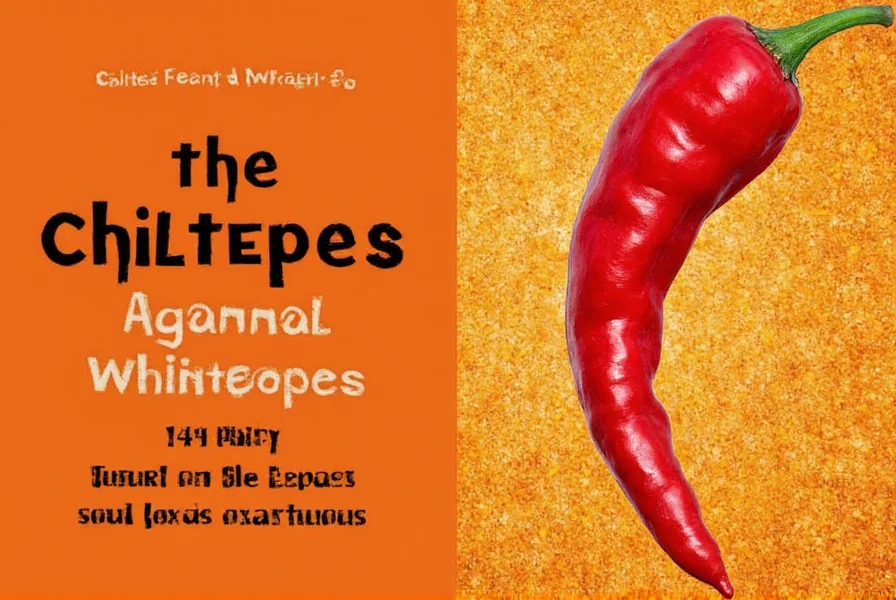

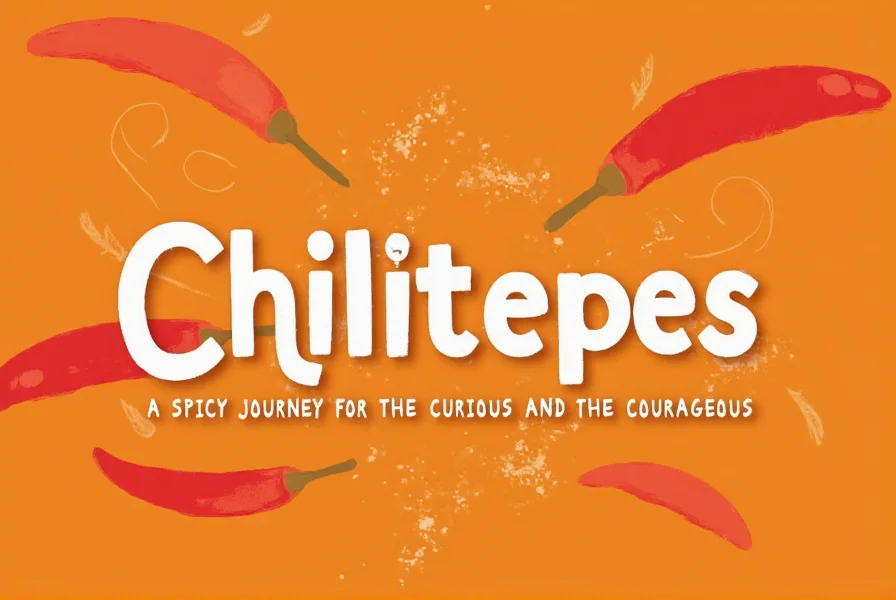









 浙公网安备
33010002000092号
浙公网安备
33010002000092号 浙B2-20120091-4
浙B2-20120091-4